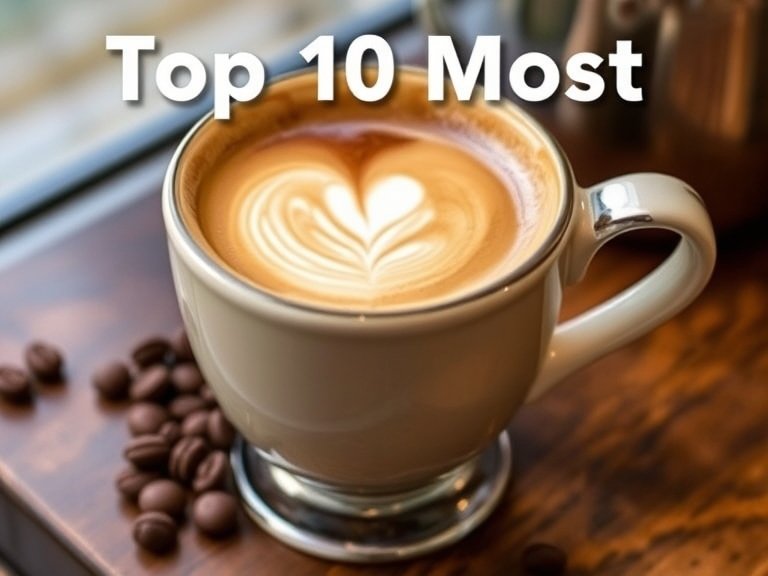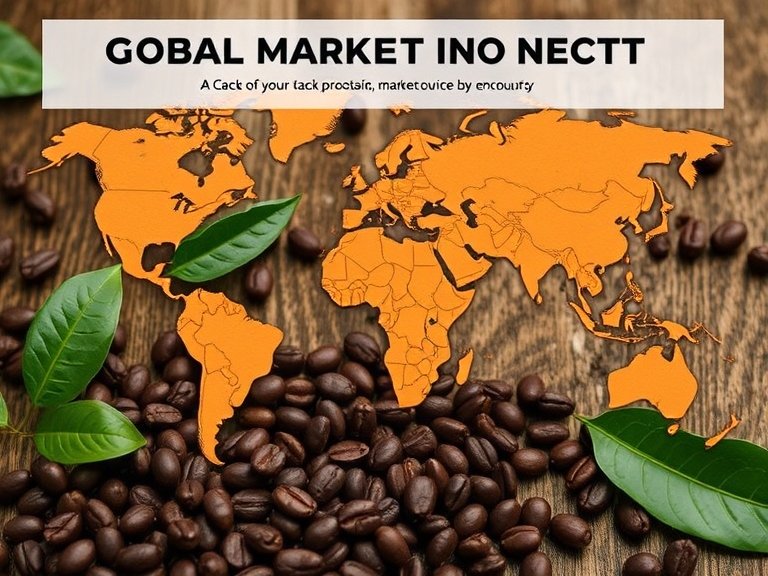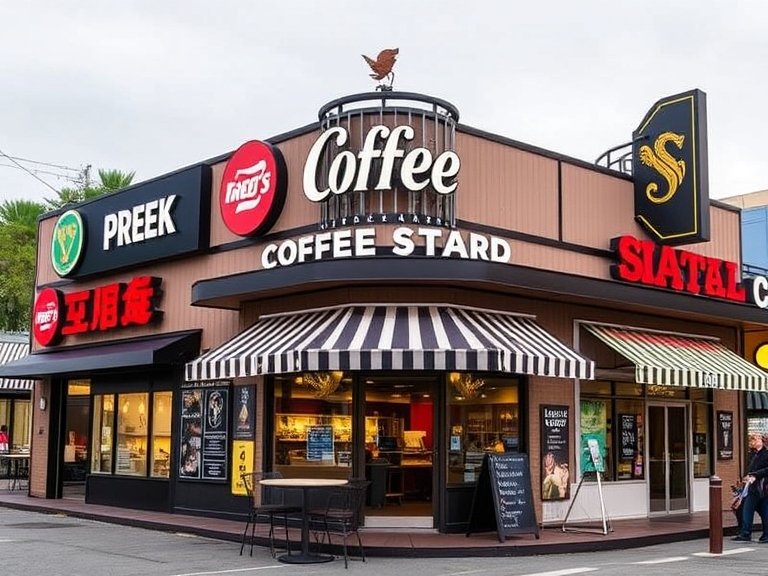The global coffee industry continues to grow, with major chains expanding their presence across continents. From Seattle to Sydney, these coffee giants have transformed how we consume and experience coffee. Let’s explore the most influential coffee chains that have shaped the modern coffee culture.
Understanding the Global Coffee Chain Landscape
The coffee chain industry has evolved significantly since the 1970s. Today, these establishments offer more than just coffee – they provide an experience, a workspace, and a social gathering spot.
With the global coffee market expected to reach $450 billion by 2025, these chains continue to innovate and expand.
Top 10 Most Famous Coffee Chains Worldwide

1. Starbucks
The Seattle-based coffee giant leads the pack with over 30,000 stores across 83 countries. Known for:
- Signature drinks like Frappuccinos and Pumpkin Spice Latte
- Customizable beverage options
- Strong loyalty program and mobile ordering
- Ethically sourced coffee through the CAFE program
2. Costa Coffee
Britain’s largest coffee chain boasts over 4,000 stores in 31 countries. Their success stems from:
- Premium Italian-style coffee blends
- Extensive food menu
- Modern store designs
- Innovative coffee machines in retail locations
3. Dunkin’
With over 11,000 locations, Dunkin’ has evolved beyond doughnuts to become a coffee powerhouse. Features include:
- Affordable pricing strategy
- Quick service model
- Extensive breakfast menu
- Recently rebranded to focus on beverages
4. Tim Hortons
Canada’s beloved coffee chain operates 5,000 locations worldwide. Notable for:
- Traditional coffee offerings
- Popular breakfast items
- Strong Canadian identity
- Expanding international presence
5. McCafé
McDonald’s coffee venture has grown to over 10,000 locations. Strengths include:
- Competitive Pricing
- Convenient locations
- Quality Arabica beans
- Integration with McDonald’s restaurants
6. Lavazza
The Italian coffee giant focuses on:
- Premium coffee beans
- Retail presence
- Coffee Equipment
- Rich Italian heritage
7. Peet’s Coffee
Operating 200 locations primarily in the US, known for:
- High-quality beans
- Traditional roasting methods
- Wholesale distribution
- Specialty coffee focus
8. Gloria Jean’s
Australian success story with 1,000 stores across 40 countries, featuring:
- Specialty coffee drinks
- Global adaptation
- Franchise model success
- Quality consistency
9. Tully’s Coffee
Despite recent challenges, he maintains:
- Premium coffee quality
- Pacific Northwest presence
- Loyal customer base
- Sustainable practices
10. Caribou Coffee
With 600 locations, emphasizes:
- Handcrafted beverages
- Cozy store atmosphere
- Sustainable sourcing
- Midwestern roots
Global Market Impact

Regional Dominance
- North America: Dominated by Starbucks and Dunkin’
- Europe: Costa Coffee leads with strong competition
- *Asia-Pacific: Growing market for all major chains
- Middle East: Expanding the presence of global brands
Economic Influence
The coffee chain industry contributes significantly to the global economy through:
- Employment opportunities
- Real estate development
- Supply chain partnerships
- Agricultural support
Innovation and Trends
Modern coffee chains constantly evolve through:
- Mobile ordering systems
- Sustainable practices
- Alternative milk options
- Cold brew innovations
- Drive-thru optimization
Business Model Success Factors
Customer Experience
- Consistent product quality
- Comfortable atmosphere
- Efficient service
- Brand recognition
Operational Excellence
- Supply chain management
- Staff training
- Quality control
- Location strategy
Future Outlook
The coffee chain industry continues to evolve with:
- Digital integration
- Sustainability focus
- Personalization options
- Health-conscious offerings
- Ghost kitchens
- Delivery services
Frequently Asked Questions
Which coffee chain has the most locations worldwide?
Starbucks leads with over 30,000 stores across 83 countries.
What is the oldest major coffee chain?
Lavazza, founded in 1895, is the oldest among major coffee chains.
Which chain sells the most coffee annually?
Starbucks sells the most coffee annually, with over $26.5 billion in revenue.
Are coffee chains environmentally responsible?
Most major chains have sustainability initiatives and ethical sourcing programs.
Which chain offers the most affordable coffee?
McCafé and Dunkin’ generally offer the most competitive prices among major chains.
Conclusion
The world’s most famous coffee chains have transformed from simple beverage providers to lifestyle brands. Their success relies on adapting to changing consumer preferences while maintaining quality and consistency.
As the industry evolves, these chains continue to innovate while preserving their unique identities and core values.
The future of coffee chains looks promising, with continued growth expected through digital transformation, sustainability initiatives, and expanding global presence.
Whether you prefer a simple cup of coffee or an elaborate specialty drink, these chains will continue to shape how we experience and enjoy coffee worldwide.

